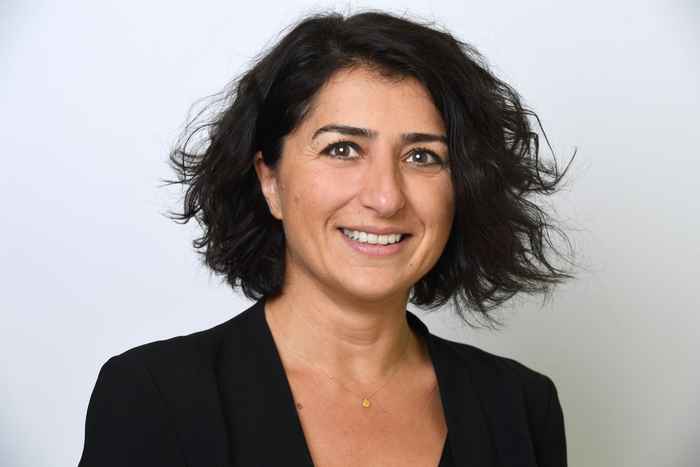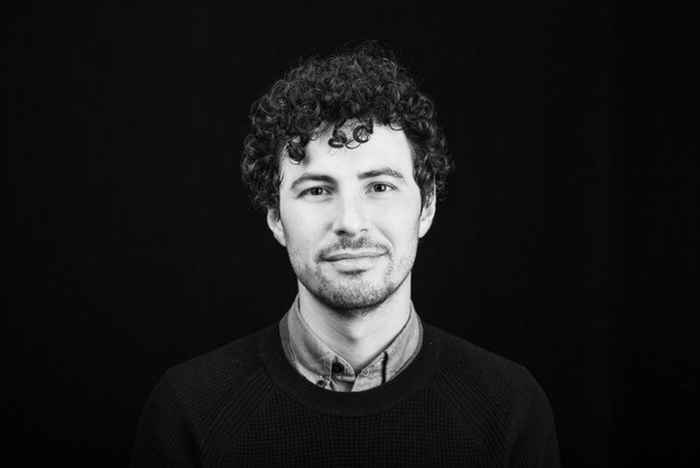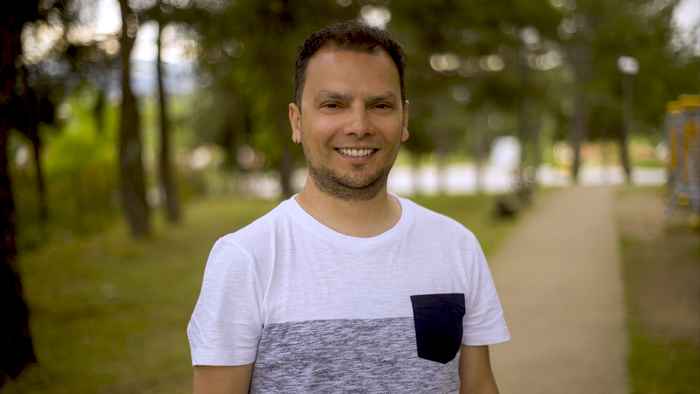Three UvA researchers receive ERC Starting Grants
5 September 2024
The recipients

Dilek Kurban (Amsterdam Research Institute for Legal Studies): Beyond Compliance: Rethinking the Effectiveness of Regional Human Rights Regimes
As in the broader international legal system, regional human rights regimes are based on the consent of states to be bound by pre-agreed norms enshrined in treaties. The European, African and Inter-American regimes are the most advanced, with their own courts that issue binding judgments against members who violate the treaties. However, these regimes appear to malfunction when dealing with non-democratic states, which either fail to comply or opt out altogether. This has serious consequences for victims of human rights violations, especially in countries without independent domestic courts. Kurban will explore the limitations and opportunities relating to the possibility of effective human rights regimes in non-democratic contexts. As a starting point, she argues that for regimes to be effective, they must make full use of their powers and enable domestic human rights activists to mobilise. She will test this with a historical, comparative and empirical analysis of how the Council of Europe, the Organisation of American States and the African Union have enforced their standards against states guilty of: state violence, judicial repression, and/or violations of the democratic order.

Ludovico Lami (Institute of Physics/QuSoft): Entanglement Theory: a Quantum Odyssey – From the generalised quantum stein’s lemma to quantum gravity (ETQO)
In quantum computing, the notion of entanglement – the typical quantum phenomenon where disconnected systems can share information that goes beyond traditional 'bits' – plays a crucial role. Quantum entanglement fuels the most important quantum information processing protocols and is central to modern physics. However, the most profound questions concerning its operational meaning remain unanswered. Most importantly, we do not know how efficiently mixed-state entanglement can be manipulated or detected, whether it is possible to formulate a thermodynamical theory of entanglement, or how entanglement can be exploited to reveal quantum features of gravity. A single key statement connects all of these questions: the so-called Generalised Quantum Stein’s Lemma (GQSL). However, previously Lami has uncovered a fatal flaw in the original proof of the GQSL, and this is now regarded as one of the most important open problems in entanglement theory. His project provides a road map to address all of the above questions in a unified way through the GQSL.
Lami will carry out his project at the Scuola Normale Superiore of Pisa (Italy).

Dimitris Tzionas (Informatics Institute): SpatioTemporal Reconstruction of Interacting People for pErceiving Systems (STRIPES)
How can we teach computers to understand people and their actions, so that they can help people perform tasks? To develop smart systems that can do this, computers must be able to comprehend and process different interactions between people and objects. For example, they must be able to recognise when someone picks up or uses something, and how exactly they do it. This can be done with data obtained from sensors such as a regular camera. Using this data, computers must then recover 3D shape representations of people’s entire bodies and of the full object that the person is interacting with. However, it is very difficult to see and record interactions in a useful manner, because of occlusions between body and object, motion blur, depth differences and small details of both the hands and the objects. In his research project Tzionas will reconstruct 3D (or 4D, with time as an extra dimension) representations of what is shown in 2D images by using new techniques. This will be an important step towards the development of new intelligent systems that can better support people in their tasks, such as assistance robots and virtual 3D assistants.